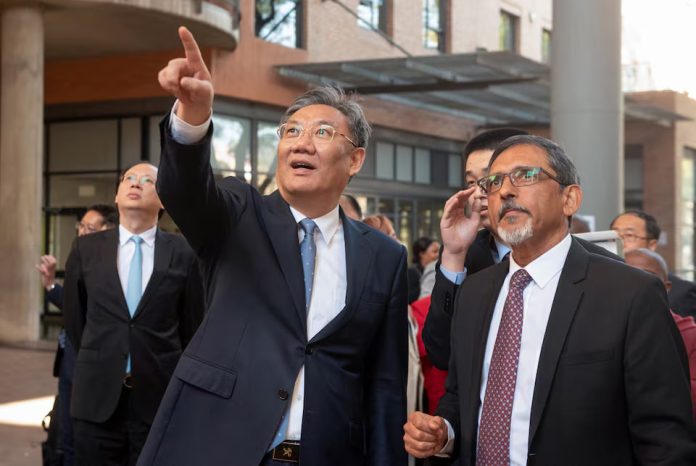On 1 January 2024, BRICS, an intergovernmental organisation comprising Brazil, Russia, India, China and South Africa, admitted four new members: Egypt, Ethiopia, Iran and the United Arab Emirates. The enlargement could increase the economic influence of its member states, according to The European Parliamentary Research Service (EPRS).
The decision to expand BRICS was taken at the Johannesburg summit in August 2023. BRICS+ (the unofficial name since the expansion) now accounts for 37.3 per cent of global GDP. However, in addition to increased economic power, the new members could bring potential divisions, making it difficult to reach consensus on common policy stances.
Expansion is regarded as increasing the influence of the group and developing countries as a whole in international organisations, such as the United Nations, the World Trade Organisation and the Bretton Woods institutions, since the new members will contribute only about 4 per cent to the group’s total GDP.
Interaction with the BRICS+ countries is conducted mainly on a case-by-case basis. For instance, the EU co-operates with Brazil, India and South Africa on strategic issues and negotiates a free trade agreement with India.
However, the organisations diverge on political views, demonstrating dissent on the wars in Ukraine and Gaza.
Members of the Parliament’s Committee on International Trade (INTA) stressed during the October 2023 dialogue that the enlargement of the group should be watched carefully, especially given the impact of a potential BRICS+ currency and the consequences for EU trade policy.
